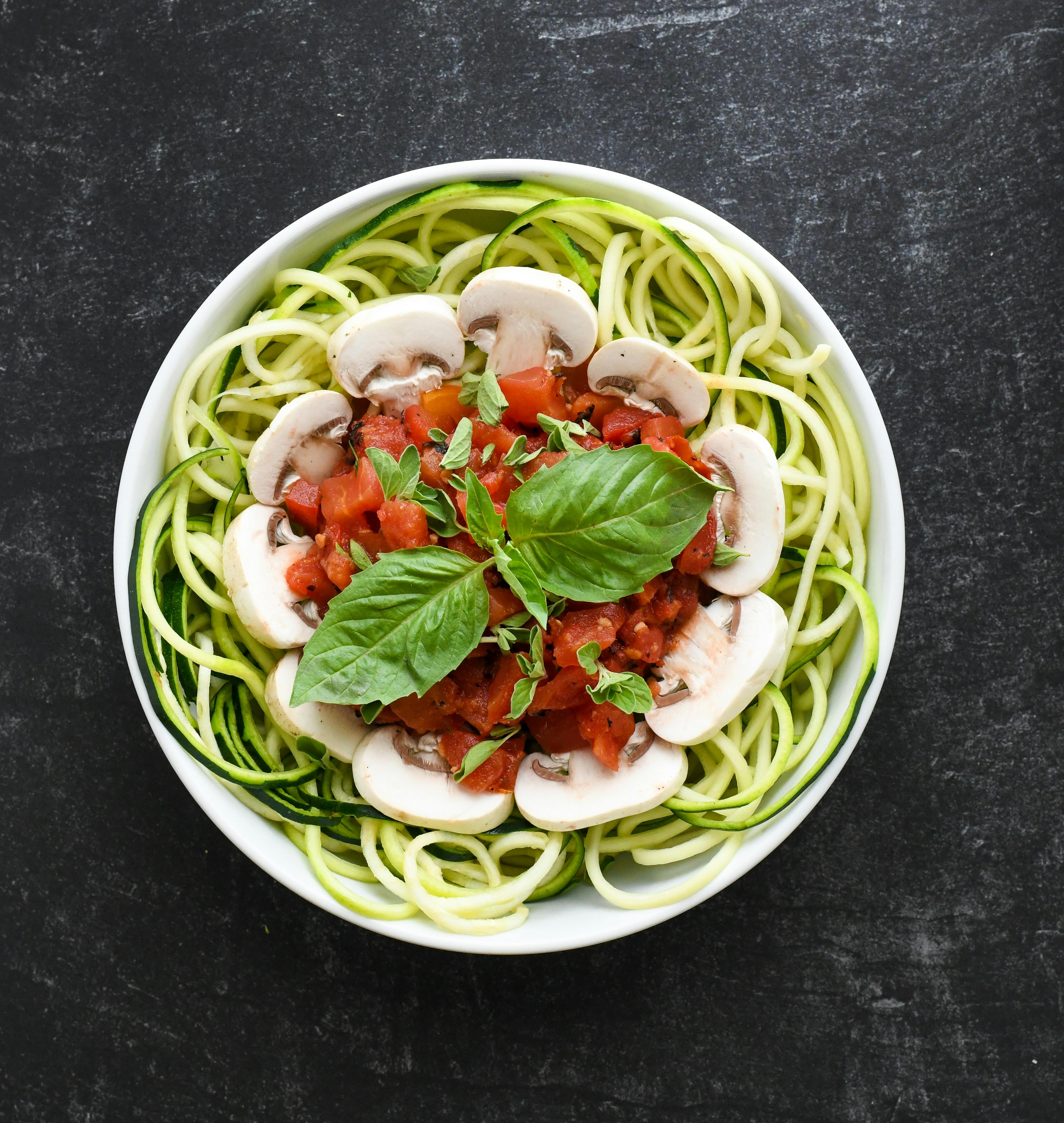Top 5 Effective Low-Fat Foods to Improve Your Diet in 2025

Top 5 Effective Low-Fat Foods for Your 2025 Diet
As we step into 2025, many are seeking effective ways to enhance their dietary choices and improve overall well-being. Low-fat foods have gained popularity as smart snacking options and nutritious choices for individuals aiming for a balanced diet. Not only do they promote portion control and weight management, but they also align with the trend of mindful eating and heart-healthy eating habits. This article will explore the top five low-fat foods that can significantly revamp your diet. Each option will be backed by dietitian recommendations, emphasizing their health benefits and practical meal prep ideas.
Let’s embark on this journey towards a clean eating lifestyle, focusing on low-calorie recipes and diet-friendly options that will not only satisfy your taste buds but also support your nutrition needs.
Essential Low-Fat Protein Sources for Healthy Eating
1. Skinless Poultry: A Lean Favorite
Skinless poultry, particularly chicken and turkey, is a cornerstone of low-fat nutrition. These protein-rich foods provide essential amino acids while being low in calories. The nutritional value of skinless poultry makes it an excellent choice for weight loss and fitness nutrition. When preparing meals, opt for grilling or baking instead of frying to maintain their health benefits. Moreover, these lean meats can be incorporated into various meal ideas, such as salads, stir-fries, or wraps, reinforcing balanced eating.
2. Legumes: Nutrient-Dense Choices
Legumes, including lentils, black beans, and chickpeas, are another fantastic low-fat food option. They are not only rich in protein but also offer substantial dietary fibers, making them superior for digestive health. Incorporating legumes into your meals promotes a feeling of fullness, which can aid in portion control and calorie counting. A popular preparation method includes adding them to soups or making them the base of a hearty salad. These meals align with the trend of smart shopping and cooking at home, providing wholesome ingredients without compromising on flavor.
3. Greek Yogurt: A Versatile Snack Alternative
Greek yogurt is celebrated for its creamy texture and high protein content, making it a perfect low-calorie snack alternative. The health benefits of this dairy product include promoting gut health and providing essential nutrients like calcium. Use Greek yogurt as a base for smoothies, overnight oats, or as a topping for fruits. Opt for plain varieties to avoid added sugars, fostering healthy eating habits while keeping calorie consumption in check. Greek yogurt can also be an excellent substitute for sour cream or mayonnaise in recipes, driving the clean eating philosophy forward.
Smart Low-Fat Dairy and Grains for Balanced Eating
4. Low-Fat Cottage Cheese: A Protein-Rich Food
Low-fat cottage cheese is often overlooked but should be part of your low-fat diet plan. It packs a punch with high protein while maintaining low fat content, making it suitable for weight management and dietary guidelines focused on protein sources. It can be eaten as a snack, mixed with fruits, or used in recipes for pancakes and baked goods, offering versatility in your meal prep. Incorporate low-fat cottage cheese into your diet for a satisfying option that enhances nutrient intake without excessive calories.
5. Whole Grains: Fuel for Your Lifestyle
Whole grains, such as quinoa, brown rice, and whole wheat bread, are essential for providing sustained energy. These foods are not only low in fat but also high in fiber, which promotes digestive health. The key to integrating whole grains into your diet lies in cooking techniques and preparation methods that retain their nutrients. Whole grains can easily replace processed items in several dishes, enhancing their nutritional value and making them suitable for calorie-conscious eating. Experimenting with various grains can add exciting flavors and textures, supporting a healthy lifestyle.
Transitioning to Healthier Snack Options
Building on the concept of incorporating essential low-fat foods into your diet, it's crucial to consider how you can transition to healthier snacking options as well. Making smart snacking choices is integral in the pursuit of weight loss, and it doesn't have to be challenging. Instead, by integrating nutrient-dense foods into your snack routine, you can maintain calorie control while enjoying delicious flavors.
Smart Snacking: Plan It Right
To optimize your low-calorie meals, plan your snacks ahead of time. This can include portion-controlled servings of nuts, raw vegetables, or fruit-based snacks. By preparing snack alternatives, you can avoid the temptation of processed foods that offer little nutritional value. Utilizing clean ingredients in your meal prep further enhances your dietary practices and encourages healthy meal choices.
Meal Planning for Success
Effective meal planning is pivotal for maintaining a low-fat diet. It allows you to thoughtfully prepare your meals and snacks, ensuring you have nutrient-rich options available when hunger strikes. Incorporating a variety of items, such as the previously mentioned low-fat foods, maximizes your dietary variety and satisfaction. Engaging in mindful nutrition through meal planning not only supports weight management but also fosters a balanced nutrient distribution throughout the day.

Q&A Section: Clarifying Your Low-Fat Choices
What are some easy low-calorie recipes to try?
Start with simple concepts, such as making veggie-packed stir-fries or whole grain salads topped with lean proteins. Utilize seasonal produce to add flavor and variety, and don't shy away from experimenting with herbs and spices instead of high-calorie dressings.
How can I ensure I'm eating a balanced diet?
Focus on including a variety of food groups in your meals, particularly those rich in fiber and healthy fats. Prioritize whole, nutritious foods and stay informed about food labels to guide your choices. Consulting with a dietitian can provide personalized meal plans that fit your needs.
What are the health benefits of adopting a low-fat diet?
Adopting a low-fat diet can lead to weight loss, improved heart health, and enhanced energy levels. It encourages mindful eating as you become more aware of what you consume. Moreover, including low-fat foods supports overall wellness and sustainable eating practices.

Conclusion: Embrace Your Healthy Journey
In conclusion, embracing low-fat foods and smart nutrition choices are vital for achieving a healthier lifestyle in 2025. By incorporating skinless poultry, legumes, Greek yogurt, low-fat cottage cheese, and whole grains, you equip yourself with nutrient-dense options that align with your wellness goals. Additionally, effective meal planning and mindful snacking can further enhance your dietary practices. This holistic approach to nutrition fosters not just weight management but also an appreciation for wholesome ingredients. As you embark on this journey, remember that every small change counts and contributes to your overall health.